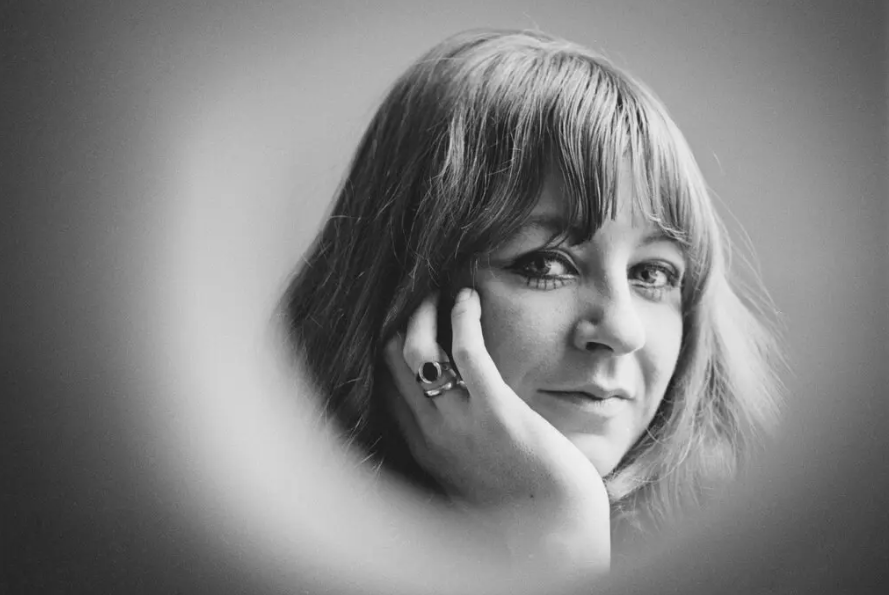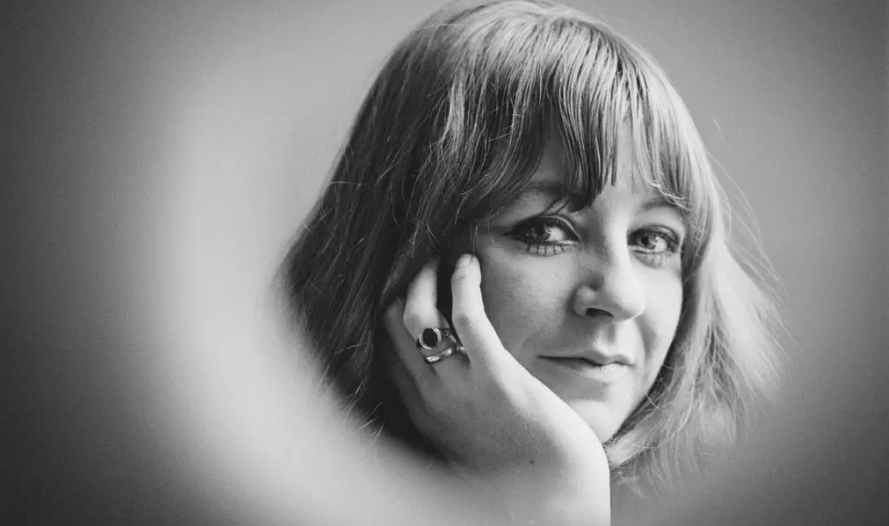Christine McVie, the singer, songwriter and keyboardist who became the biggest hitmaker for Fleetwood Mac, one of music’s most popular bands, died on Wednesday. She was 79.
Her family announced her death on Facebook. The statement said she died at a hospital but did not specify its location or give the cause of death. In June, Ms. McVie told Rolling Stone that she was in “quite bad health” and that she had endured debilitating problems with her back.
Ms. McVie’s commercial potency, which hit a high point in the 1970s and ’80s, was on full display on Fleetwood Mac’s “Greatest Hits” anthology, released in 1988, which sold more than eight million copies: She either wrote or co-wrote half of its 16 tracks. Her tally doubled that of the next most prolific member of the band’s trio of singer-songwriters, Stevie Nicks. (The third, Lindsey Buckingham, scored three major Billboard chart-makers on that collection.)
The most popular songs Ms. McVie wrote favored bouncing beats and lively melodies, numbers like “Say You Love Me” (which grazed Billboard’s Top 10), “You Make Loving Fun” (which just broke it), “Hold Me” (No. 4) and “Don’t Stop” (her top smash, which crested at No. 3). But she could also connect with elegant ballads, like “Over My Head” (No. 20) and “Little Lies” (which cracked the publication’s Top Five in 1987).
All those songs had cleanly defined, easily sung melodies, with hints of soul and blues at the core. Her compositions had a simplicity that mirrored their construction. “I don’t struggle over my songs,” Ms. McVie (pronounced mc-VEE) told Rolling Stone in 1977. “I write them quickly.”

In just half an hour, she wrote one of the band’s most beloved songs, “Songbird,” a sensitive ballad that for years served as the band’s closing encore in concert. In 2019, the band’s leader, Mick Fleetwood, told New Musical Express that “Songbird” is the piece he wanted played at his funeral, “to send me off fluttering.”
Ms. McVie’s lyrics often captured the more intoxicating aspects of romance. “I’m definitely not a pessimist,” she told Bob Brunning, the author of the 2004 book “The Fleetwood Mac Story: Rumours and Lies.” “I’m basically a love song writer.”
At the same time, her words accounted for the yearning and disappointments that can lurk below an exciting surface. “I’m good at pathos,” she told Mojo magazine in 2017. “I write about romantic despair a lot, but with a positive spin.”
‘That Chemistry’
Ms. McVie’s vocals communicated just as nuanced a range of feeling. Her soulful contralto could sound by turns maternally wise and sexually alive. Her tawny tone had the heady effect of a bourbon with a rich bouquet and a smooth finish. It found a graceful place in harmony with the voices of Ms. Nicks and Mr. Buckingham, together forming a signature Fleetwood Mac sound.
“It was that chemistry,” she told Mojo. “The two of them just chirped into the perfect three-way harmony. I just remember thinking, ‘This is it!’”

A sturdy instrumentalist, Ms. McVie played a range of keyboards, often leaning toward the soulful sound of a Hammond B3 organ and the formality of a Yamaha grand piano.
With Fleetwood Mac, she earned five gold, one platinum and seven multiplatinum albums. The band’s biggest success, “Rumours,” released in 1977, was one of the mightiest movers in pop history: It was certified double diamond, representing sales of over 20 million copies.
In 1998, Ms. McVie was inducted into the Rock & Roll Hall of Fame along with various lineups of Fleetwood Mac, reflecting the frequent (and dramatic) personnel shifts the band experienced throughout its labyrinthine history. Ms. McVie served in incarnations that dated to 1971, but she also had uncredited roles playing keyboards and singing backup as far back as the band’s second album, released in 1968. Before joining Fleetwood Mac, she scored a No. 14 British hit with the blues band Chicken Shack on a cover of Etta James’s “I’d Rather Go Blind” for which she sang lead.
Christine Anne Perfect was born on July 12, 1943, in the Lake District of England to Cyril Perfect, a classical violinist and college music professor and Beatrice (Reece) Perfect, a psychic.
Her father encouraged her to start taking classical piano lessons when she was 11. Her focus changed radically four years later when she came across some sheet music for Fats Domino songs. At that moment, she told Rolling Stone in 1984, “It was goodbye Chopin.”
“I started playing the boogie bass,” she told Mojo. “I got hooked on the blues. Even today, the songs I write use that left hand. It’s rooted in the blues.”

Ms. McVie studied sculpture at Birmingham Art College and for a while considered becoming an art teacher. At the same time, she briefly played in a duo with Spencer Davis, who, along with a teenage Steve Winwood, would later find fame in the Spencer Davis Group. She helped form a band named Shades of Blue with several future members of Chicken Shack.
After graduating from college in 1966, Ms. McVie moved to London and became a window dresser for a department store. One year later, she was asked to join the already formed Chicken Shack as keyboardist and sometime singer. She wrote two songs for the band’s debut album, “40 Blue Fingers, Freshly Packed and Ready to Serve.”
She was twice voted best female vocalist in a Melody Maker readers’ poll, but she left the band in 1969 after marrying John McVie, the bassist in Fleetwood Mac, which had been formed in 1967 and had already recorded three albums. That same year, she recorded a solo album, “The Legendary Christine Perfect Album,” which she later described to Rolling Stone as “so wimpy.”
“I just hate to listen to it,” she said.

Joining the Band
Her disappointment in that record, combined with her reluctance to perform, caused Ms. McVie to put music aside for a time. But, in 1970, when Fleetwood Mac’s main draw, the guitarist Peter Green, suddenly quit the band after a ruinous acid trip, Mick Fleetwood invited her to fill out their ranks.
Initially, she found the invitation to join her favorite band “a nerve-racking experience,” she told Rolling Stone. But she rose to the occasion by writing two of the catchiest songs on her first official release with the band, “Future Games” (1971). That release found the band leaning away from British blues and toward progressive Southern Californian folk-rock, aided by the addition of an American player, the singer, songwriter and guitarist Bob Welch.
The band fine-tuned that sound on its 1972 set “Bare Trees,” which sold better and featured one of Ms. McVie’s most soulful songs, “Spare Me a Little of Your Love.” The band’s 1973 release, “Penguin,” went gold. The next collection, “Heroes Are Hard to Find,” was the band’s first to crack the U.S. Top 40. But it was only after the departure of Mr. Welch and the hiring of the romantically involved team of Ms. Nicks and Mr. Buckingham, for the 1975 album simply called “Fleetwood Mac,” that the band began to show its full commercial brio.
Ms. McVie‘s song “Over My Head” began the groundswell by entering Billboard’s Top 20; her “Say You Love Me,” reached No. 11. After a slow buildup, the “Fleetwood Mac” album eventually hit Billboard’s summit.







































